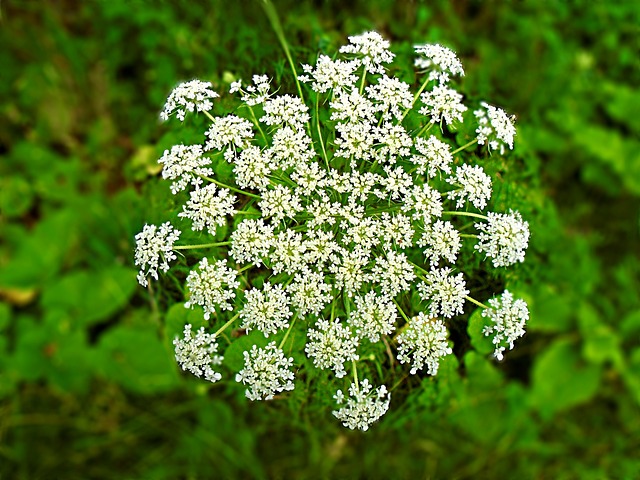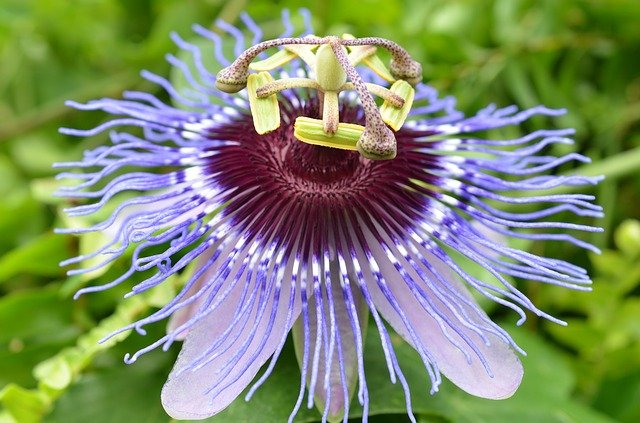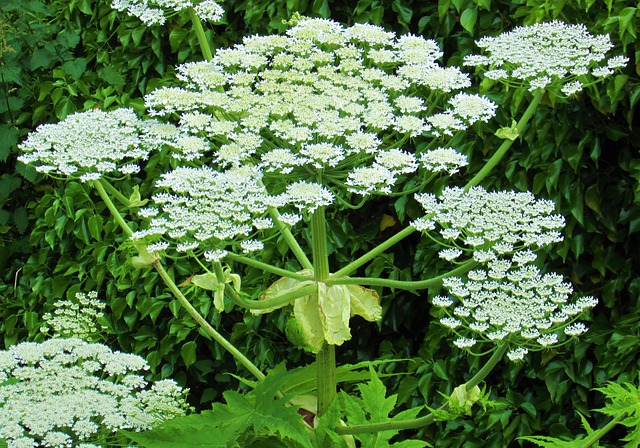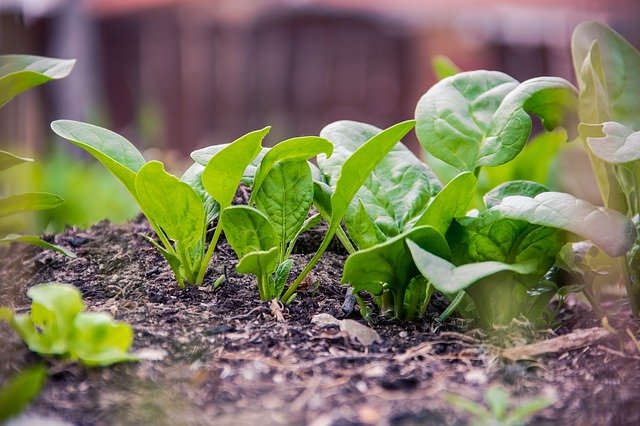
Hemlock is a growing concern for landowners and residents across the UK. We’ve put together this handy guide to getting rid of the poisonous plant.
More...
In the quest to build the most beautiful garden, you might find yourself making trips to your local garden centre to pick up new plants. However, there are a few plants that can become a real nuisance if you're not prepared to prune them on a regular basis. Today we're going to talk about some of the most common nuisance plants that you should avoid if you don't want a high-maintenance garden.
Introducing new plants to your garden
Adding new varieties of plants to your garden can be really exciting, but it's important you do your research first before you make a start. We all know that certain plants like dandelions and daisies are considered weeds, but they're not the only nuisance plants you should be aware of. If you're aiming to build a low-maintenance garden, these re some of the plants you should avoid...

Image Source: Wikimedia Commons under licence CC BY-SA 2.5
Climbing Plants eg. Passion Flower (Passiflora caerulea)
Passion flowers are incredibly beautiful but do have a habit of growing wild if they're not pruned regularly. This climber grows well in sunny, sheltered spots in the garden, meaning it can go undetected for a while before you notice it's become a problem. Most people grow passion flowers in a pot because they thrive when their roots are restricted. That being said, passion flowers have a tendency to climb up buildings & fences and can quickly spread into unwanted areas of the garden.
Other climbing plants that can quickly get out of hand are:
Read More: What's the difference between Japanese knotweed and bindweed?
More...

There are many benefits to a garden that's teeming with plant life. Not only can a beautiful garden make your property more appealing to buyers, some research suggests that tending plants is great for your mental health, plus your local bees will certainly appreciate all those flowers.
But there are some plants that no gardener wants to find in their flowerbeds. Certain species are renowned for their uncontrollable growing rate, or for the damage they're capable of causing. Some plants - such as Japanese knotweed - can even lead to legal trouble if you allow them to spread.
Come with us as we examine five problematic plants that you definitely don't want anywhere near your garden...
More...

We've all heard of people who talk to their plants because they believe it will help them to grow, but now - thanks to a group of scientists in the USA - the plants may be able to talk back.
Engineers at the Massachusetts Institute of Technology (MIT) have created a system that uses spinach plants to detect explosive materials such as landmines. When these nanotechnology-enhanced plants notice a specific compound in the groundwater, the carbon nanotubes in the spinach leaves transmit a signal that is picked up by an infrared camera, which in turn sends an email alert to the scientists.
More...
If you're a keen gardener, you probably know that plants are capable of reproducing in numerous different ways. Most commonly, plants reproduce using seeds, but some species propagate a different way - by producing bulbils.

What are bulbils?
Bulbils are small nodules that appear on stem of an existing plant, sometimes in place of a flower. These nodules contain the exact same genetic material as the parent plant, so put simply, bulbils are a clone of their parents! This form of reproduction is asexual, so the plant didn't need to be fertilised by the pollen on a passing bee in order to create offspring.
More...
